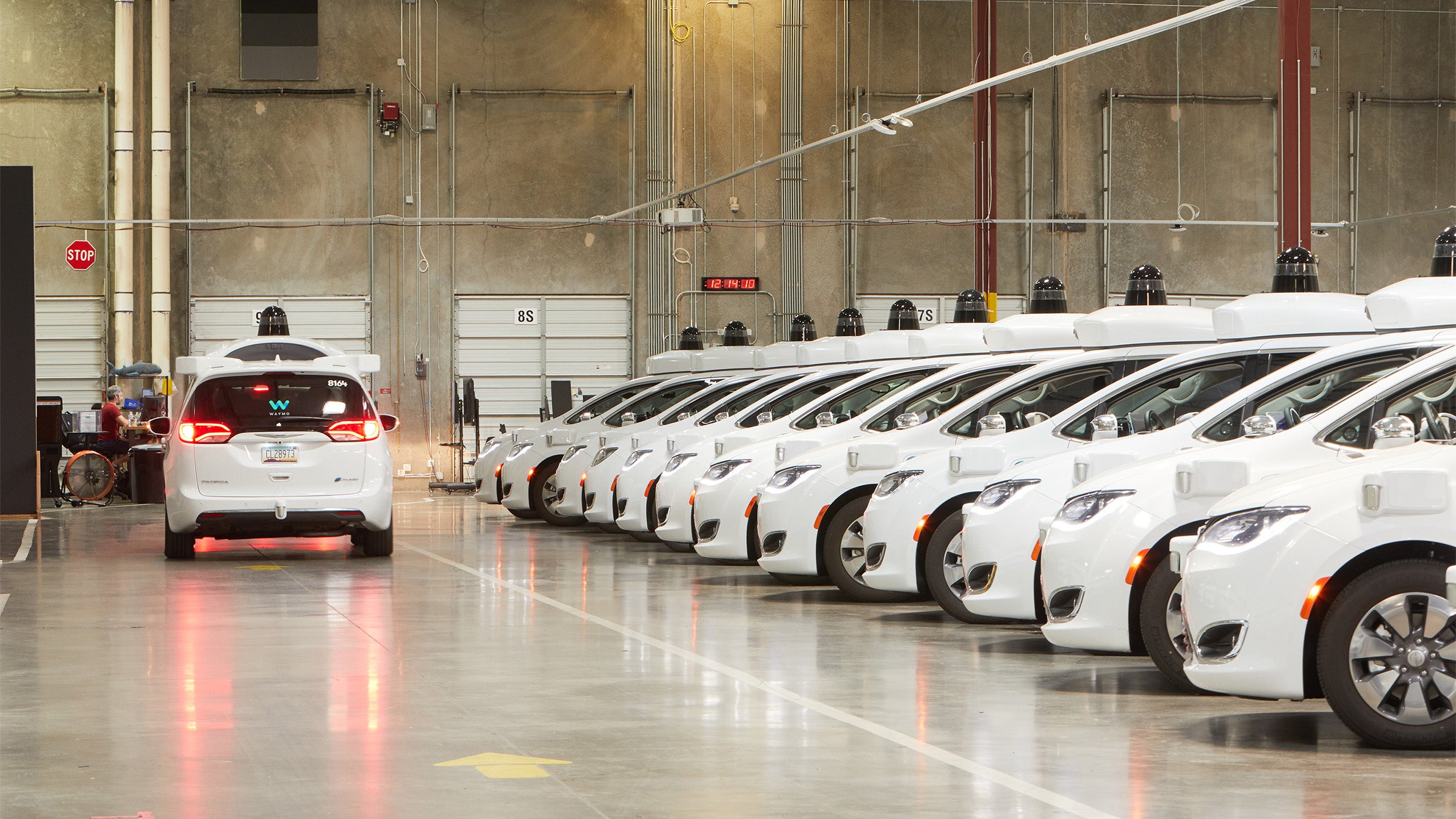Think electric robocabs can save the planet? Think again.
A new study led by Dr. Ashley Nunes, a fellow at the Labor and Worklife Program at Harvard Law School, concluded that, counterintuitively, fleets of electric, autonomous taxis could dramatically increase energy consumption and emissions that contribute to climate change — not reduce them.
“While electric vehicles themselves have lower emissions than traditional gasoline-powered ones, our work shows that deploying electric robocabs en masse on America’s streets could actually increase the number of trips, miles driven, and overall emissions,” says Nunes.

Transportation is the largest contributor to U.S greenhouse gas emissions, and a significant share of these emissions is generated by light duty vehicles, personal cars, vans, and SUVs that ferry Americans to work, the grocery store, and football practice. Electric, autonomous vehicle technology reduces emissions associated with burning gasoline, and automating driving delivers further energy savings.
But by studying data from San Francisco, Nunes’s team, which included Laurena Huh, Nicole Kagan, and Richard B. Freeman, found that ubiquitous electric robocabs might erase those energy savings by increasing the overall demand for rides and decreasing ride pooling — both of which could result from the ease, convenience, and perceived eco-friendliness of the new technology.
“Our work showed that transportation emissions are likely to rise due to the initiation of car trips that — in the absence of electric robocabs — would not be completed, and an increase in the number of Americans who choose to give up sharing rides in favor of using electric robocabs for single occupant trips,” says Nunes.
The researchers concluded that a fleet of electric robocabs would have to be more than 50% cleaner than today’s electric cars to reduce emissions, given their anticipated increase in trips. Alternatively, ride pooling would have to increase significantly to avoid net increases in emissions.
“Our work shows that the ‘electric autonomous’ revolution may actually further exacerbate the effects of climate change via increased emissions,” says Nunes. “To address these consequences, we propose numerous public policy pathways that policy makers can enact to ensure that electric robocabs deliver economic benefits to the American people, absent negative climate effects.”
Cleaning up the electricity grid is one way to address this. By using cleaner energy sources, the emissions footprint of electric, robocabs will drop. Another option is to incentivizing ride-pooling. Rather than subsidizing electric vehicle purchases, federal and state governments could offer discounts to consumers wiling to pool rides.
“Electric robocabs aren’t the climate fix we’re being sold,” says Nunes. “But with the right policies, they can be one more tool in our fight for a sustainable future.”
